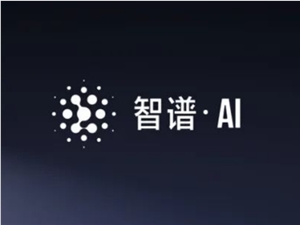French AI startup Mistral recently announced the launch of a series of new generative AI models designed specifically for edge devices such as laptops and smartphones. Mistral has named this series of models "Les Ministraux," aiming to meet the market's demand for local processing and privacy-first requirements.

The newly released Les Ministraux series includes two models: Ministral3B and Ministral8B. Notably, these models feature a context window of 128,000 tokens, capable of processing text lengths equivalent to about 50 pages of a book. This means they can handle tasks such as text generation, on-device translation, and providing offline smart assistant services with ease.
Mistral stated in their blog that an increasing number of clients and partners are seeking solutions capable of performing inference locally, which involve significant applications such as on-device translation, local analysis, and autonomous robots. Les Ministraux was developed to provide computationally efficient and low-latency solutions in these scenarios.
Currently, Ministral8B is available for download, but only for research purposes. Developers and companies wishing to obtain commercial licenses for Ministral3B or Ministral8B need to contact Mistral directly. Additionally, developers can access these models through Mistral's cloud platform, La Platforme, and other cloud services that will collaborate with them in the coming weeks. The pricing for Ministral8B is set at 10 cents per million input/output tokens, while Ministral3B is priced at 4 cents.
Recently, the trend towards smaller models has been intensifying due to their lower training, fine-tuning, and operational costs and faster speeds. Google continues to add new models to its Gemma small model series, while Microsoft has introduced the Phi series of models. Meta has also released several small models optimized for edge hardware in the latest updates to its Llama series.
Mistral claims that Ministral3B and Ministral8B outperform similar Llama and Gemma models, as well as their own Mistral7B model, in multiple AI benchmark tests designed to evaluate instruction following and problem-solving abilities. Based in Paris, Mistral recently secured $640 million in funding and is gradually expanding its AI product portfolio. Over the past few months, the company has launched a free service allowing developers to test their models and released an SDK for customers to fine-tune these models. Additionally, they introduced a code generation model called Codestral.
Mistral's co-founders hail from Meta and Google's DeepMind, with the goal of creating flagship models that can compete with top models like OpenAI's GPT-4o and Anthropic's Claude, and achieve profitability in the process. Although the goal of "profitability" is challenging for many generative AI startups, Mistral reportedly began generating revenue this summer.
Key Points:
1. 🚀 Mistral's Les Ministraux series models are designed for edge devices, supporting local privacy processing.
2. 💡 The new models, Ministral3B and Ministral8B, feature exceptional context processing capabilities, suitable for various applications.
3. 💰 Mistral has started to turn a profit and is continuously expanding its AI product portfolio, aiming to compete with industry-leading models.










